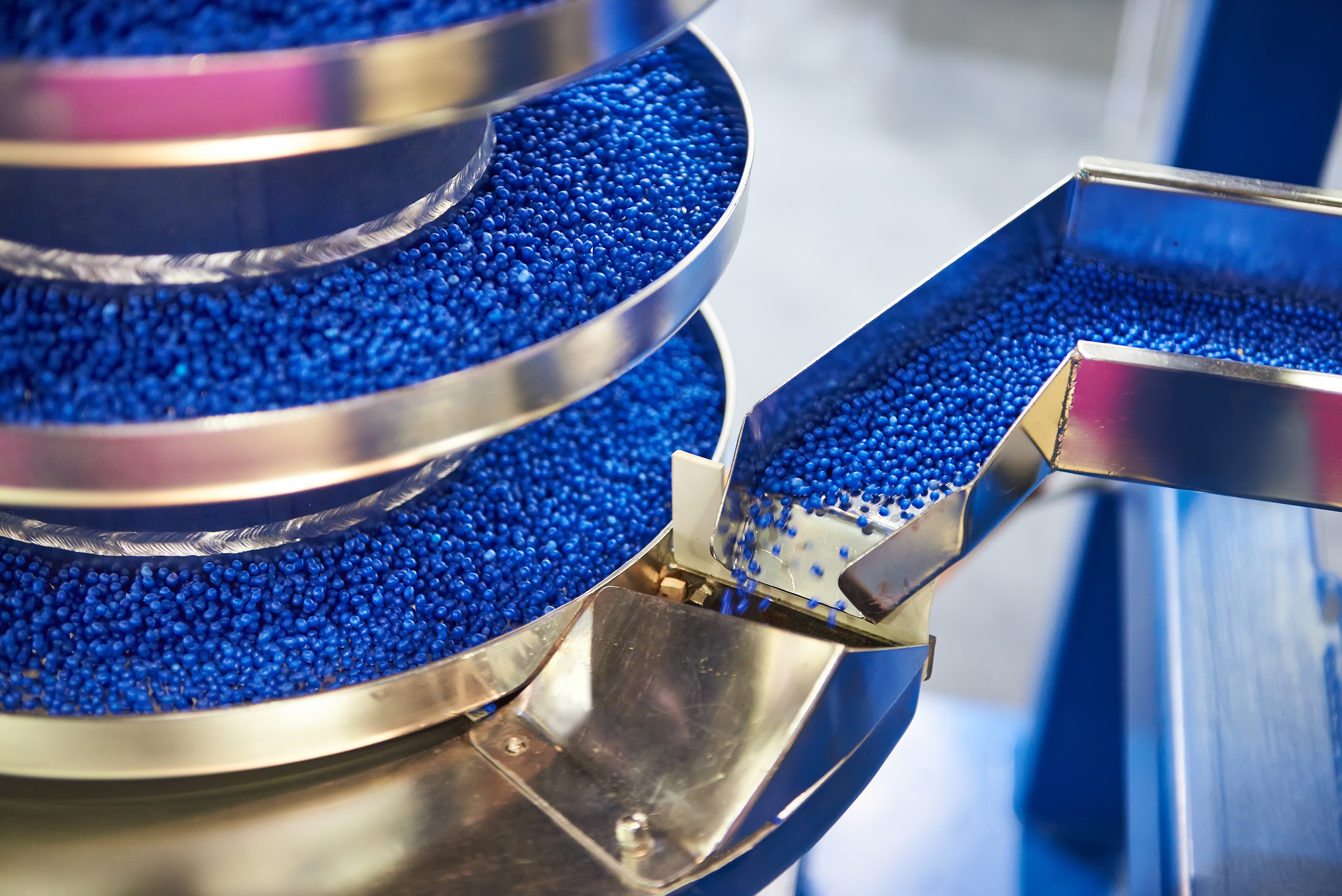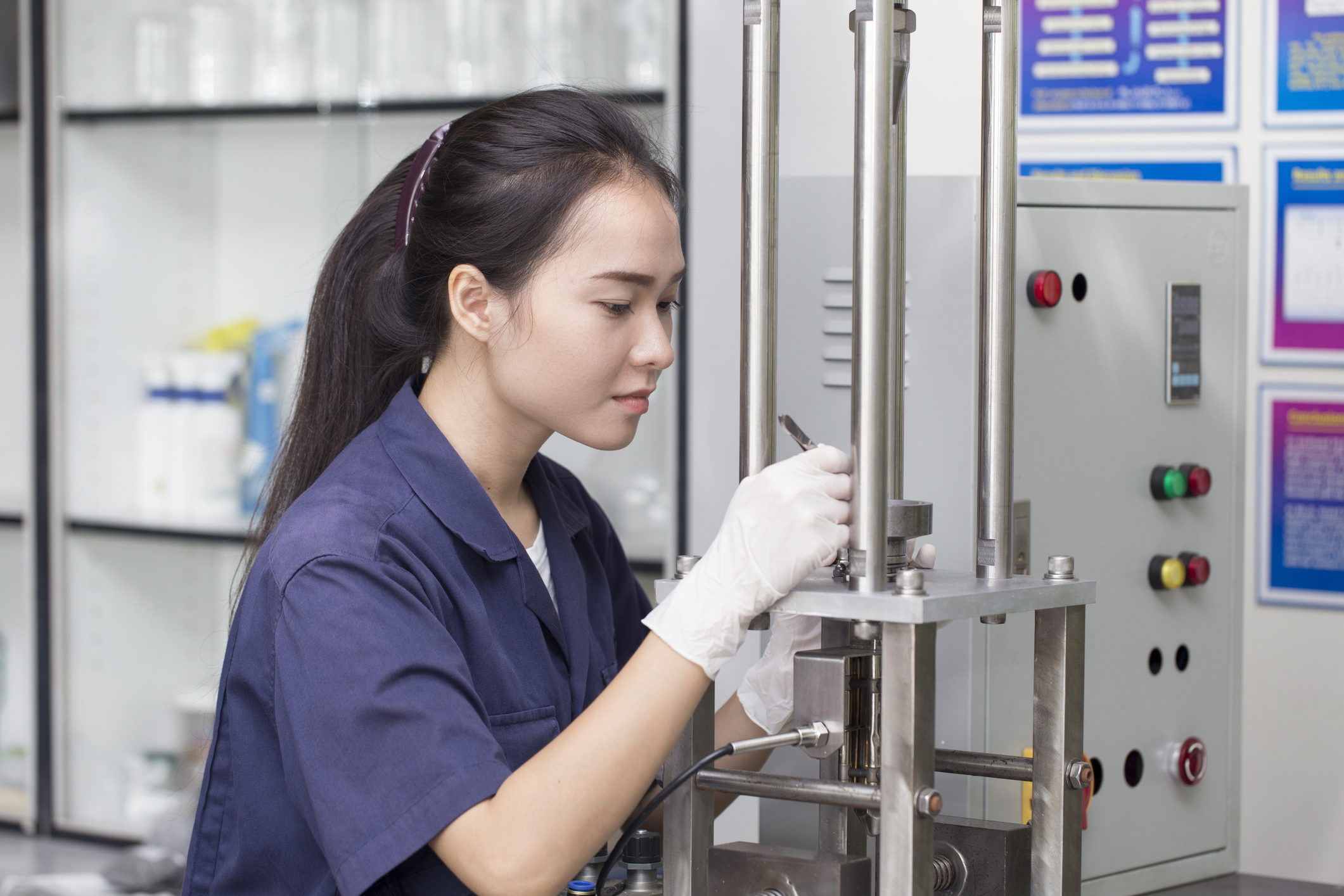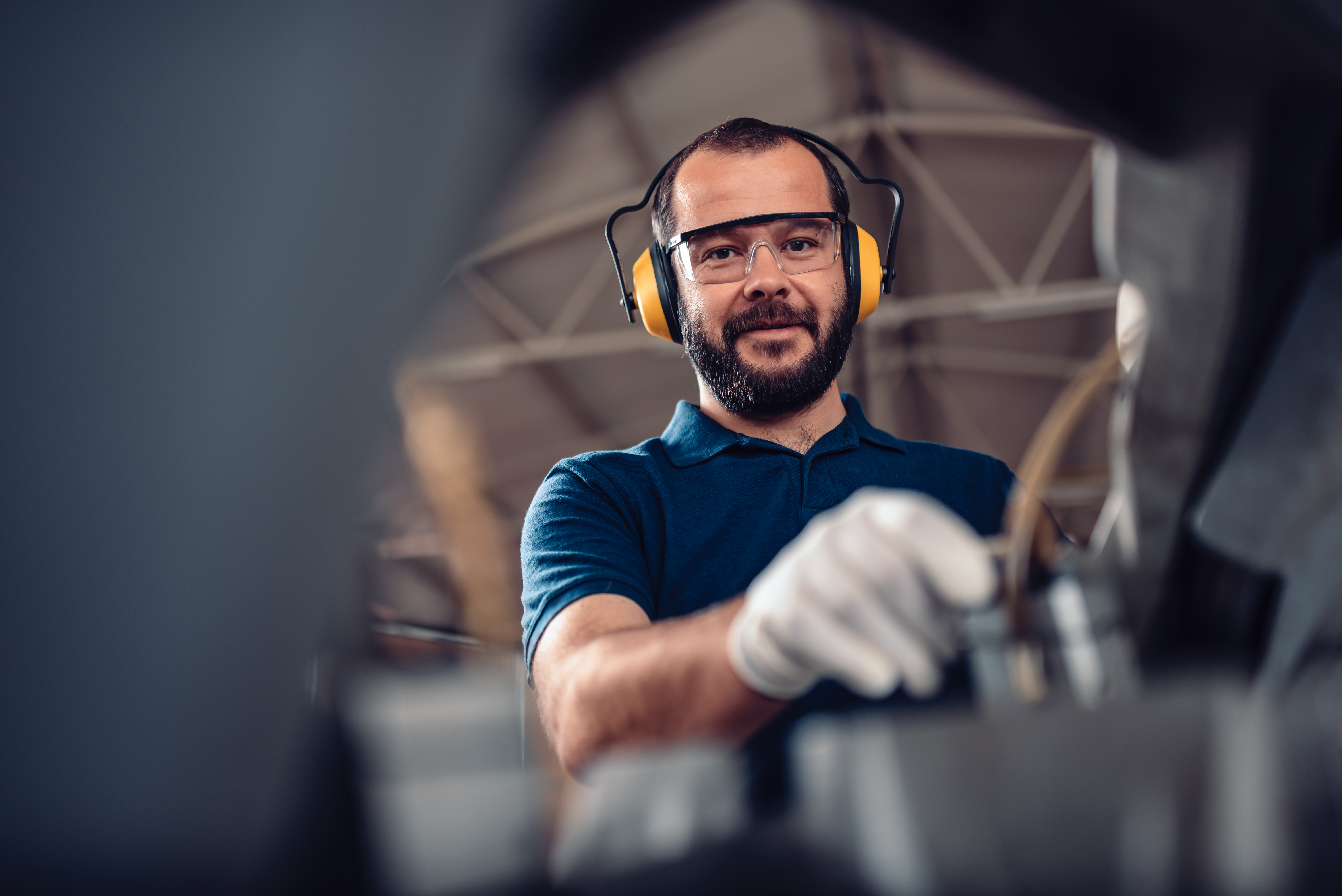ENGEL’s machines produce anything from toothbrushes to lighting systems on cars and from toys to packaging for beverages.
It was introducing its Inject 4.0 portfolio, which captures weight, flow and vibration measurements within the machine and enables customers to make real-time data-driven decisions to increase machine availability and productivity.
However, it was struggling to measure the wear on the plasticising feed screw, a key component in the process which influences the product's quality, because it is fully enclosed and cannot be accessed from the outside.
Paul Kapeller, Head of Product Management Digital Solutions at ENGEL, explained: “Our customers were faced with a difficult choice in maintaining these screws, both resulting in downtime and cost implications. Preventative maintenance to manually check the screw wear could put the machine out of action for two days, whereas reactive maintenance meant they would only react when the wear impacted process or product quality. We wanted to develop a solution to look into the screw barrel without disassembling it and avoiding downtime.”





